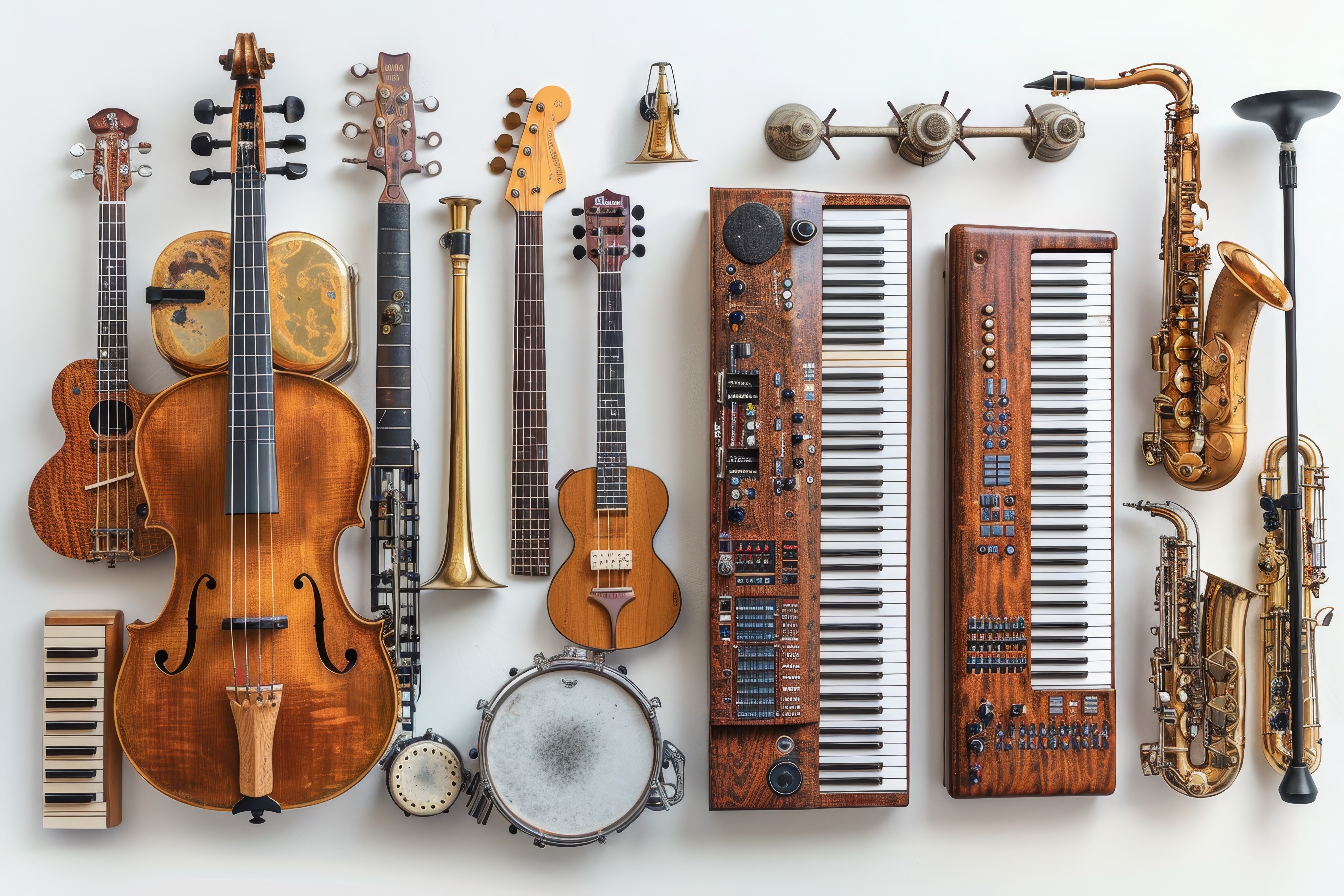
In today’s fast‐paced world, music education in places like the City of York and North Yorkshire has become a beacon of high-quality music education that champions a wide range of skills. Recent research published in the British Journal of Music Education underscores that when young people engage in music making, they benefit from enhanced reflective practice and improved understanding of instrumental pedagogy.
At the heart of instrumental music lessons is the belief that every note played builds both technical proficiency and a deeper emotional connection to the art form. Music teachers in institutions across North Yorkshire and the City of York have seen firsthand how structured music lessons spark creativity and boost self‐esteem. These lessons are not solely about learning scales or chords; they offer a pathway to developing writing skills, vocal teaching skills, and even Music Technology know‐how.
For example, many local schools—ranging from Primary School programs to term-time community arts initiatives—have integrated instrumental instruction into their curriculum. This integration not only meets entry requirements for many educational programs but also ensures that young people are exposed to effective pedagogy at an early stage. The emphasis on reflective practice and professional development means that both students and music teachers continually evolve in their approach to music teaching, aligning with modern educational standards.
Instrumental lessons go far beyond the realm of musical performance. They serve as a cornerstone for personal development, encouraging learners to explore aspects of Music History and Music Theory that enrich their overall understanding of art and culture. Whether you’re a beginner taking your first steps or an experienced musician, the journey of learning an instrument is filled with opportunities for growth. Music education in York, for example, is celebrated for its commitment to nurturing a well-rounded musician—one who benefits from both practical performance and the academic study of music.
Many music teachers emphasize that the discipline involved in learning an instrument translates to improved concentration and memory skills. The structured nature of music lessons can support reflective practice, ensuring that learners are always aware of their progress and areas for further improvement. As a result, these lessons contribute significantly to personal development and professional development, qualities that are highly valued in today’s competitive environment.
In addition to individual growth, instrumental music lessons play an essential role in community arts initiatives. Music making can be a social experience where collaborative ensemble playing and group performances create bonds among participants. Many community centers, including the York Music Hub, offer extracurricular music lessons that bring together young people from diverse backgrounds. These programs stress effective pedagogy and reflective practice to ensure that every participant gains not only musical skills but also teamwork and leadership qualities.
The incorporation of modern Music Technology into traditional lessons further enhances the learning experience. By integrating digital tools, music teachers can offer innovative approaches to learning—allowing students to experiment with different sounds and record their progress. Such initiatives are a testament to the forward-thinking mindset embraced by institutions in the City of York and throughout North Yorkshire.
Drawing on studies published in the British Journal of Music Education, we find that structured music lessons have a significant impact on cognitive abilities and emotional well-being. The research emphasizes that an understanding of instrumental pedagogy—combined with high-quality music education—leads to measurable improvements in academic performance, social interaction, and even problem-solving skills. These findings have resonated with music educators who implement reflective practice strategies to monitor student progress continuously.
By incorporating Music History and Music Theory alongside practical training, music lessons create a holistic environment where the learner’s growth is nurtured from multiple angles. In many cases, music teachers act as mentors, guiding students through both the technical and emotional challenges of learning an instrument. This mentorship is a vital component of effective pedagogy, ensuring that every learner feels supported and motivated.
The value of instrumental music lessons extends far beyond the mastery of technical skills. It is an investment in personal growth, community building, and the cultivation of lifelong skills such as reflective practice and creative thinking. For those residing in regions like York and North Yorkshire, the opportunity to engage with high-quality music education is a gift that keeps on giving.
By embracing both traditional techniques and modern advancements in Music Technology, educators ensure that music teaching remains relevant and impactful. Whether through ensemble playing, solo performances, or integrating music making into everyday life, instrumental music lessons continue to shape not only better musicians but also more well-rounded individuals ready to face the challenges of today’s world.